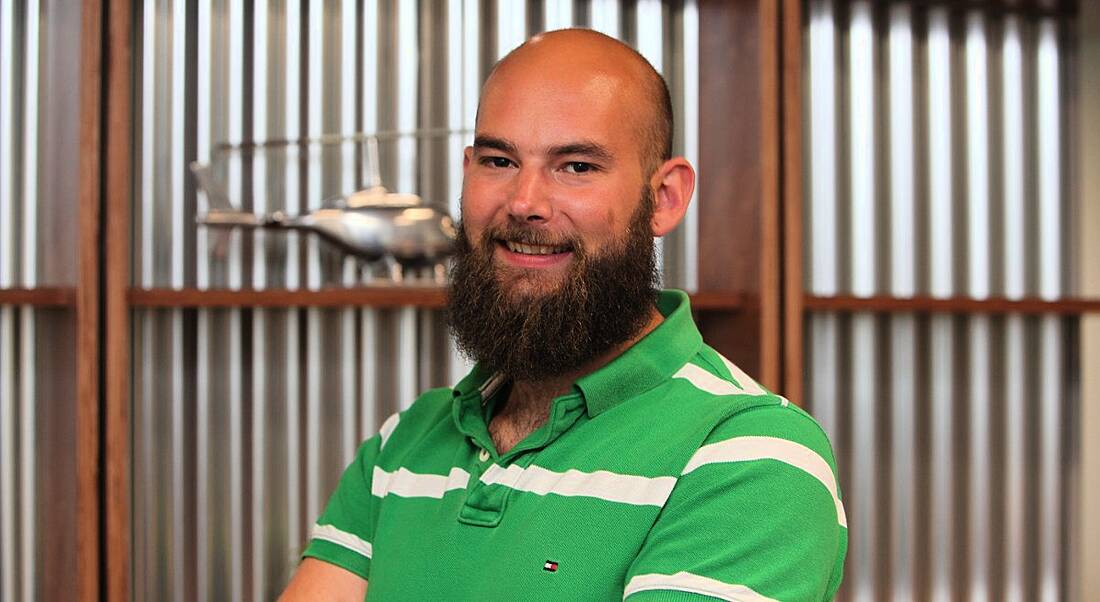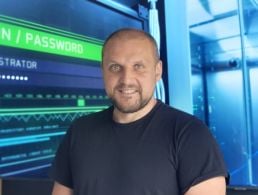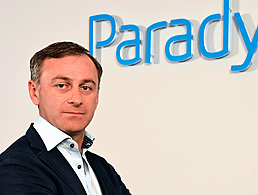Jonathan Bowen, senior front-end engineer at Viasat, discusses his role and responsibilities.
Being a front-end engineer can be a varied role in any sector, but what it is like when you work for a company that specialises in aviation services such as flight operations software and in-flight entertainment?
Jonathan Bowen, who works in the Dublin office of US communications giant Viasat, explains what he loves about his job, the type of tasks it entails and how much coffee he needs to keep him going throughout the day.
What is your role within Viasat?
I’m a senior front-end engineer.
If there is such a thing, can you describe a typical day in the job?
I’m not much of a morning person, so I like to start my day with a cup of coffee while I go over notes from the previous day to get myself on track again. After this, I then attend my team stand-up, which marks the half-way point of my morning.
With my housekeeping out of the way and a few coffees in me at this stage, I’m good to start coding. Once I start, I try to stay in the zone until lunchtime so that I can get an uninterrupted stretch of work done, and then I try to get out for a run before grabbing a bite to eat.
Following lunch, I’ll try and get another few hours of work before its meeting time. As the company is US-based, with offices in the west coast, my afternoons are pretty full of meetings where I’ll deal with stakeholder status updates and demos.
What types of project do you work on?
During my time in Viasat, I’ve worked across several projects spanning from flight operations software to in-flight entertainment to analytics reporting software.
What skills do you use on a daily basis?
I generally spend half of my day on development and the other half on organisation. The development is normally a mix between coding and working out the technical architecture for features coming down the line.
The organisation side of things includes code reviews, managing the team’s progress on work, and ensuring that the future work is sufficiently broken down and documented for upcoming sprints.
What is the hardest part of your working day?
Treading the fine line of drinking enough coffee to kill a small animal but not enough to kill a large human.
Do you have any productivity tips that help you through the working day?
Taking notes throughout the day definitely helps. During the various meetings and catch-ups that invariably happen during the course of a day, having handwritten notes makes it way easier.
When you first started this job, what were you most surprised to learn was important in the role?
There were no real surprises when I joined the company. I had researched the industry to get an idea of what it might be like.
Coming from working for a US company helped me acclimatise to video conferences in the evening.
How has this role changed as this sector has grown and evolved?
Due to the nature of the company, the role has expanded from simply developing front-end code in a ground-hosted fashion, to figuring out how best to deliver a host of media types to passengers on an aircraft that are both connected and disconnected from the internet.
What do you enjoy most about the job?
One of the most enjoyable aspects of working in Viasat is the opportunity to move onto projects that interest you and that you have a passion for. The technology is always kept up to date on our products, making it easier to move around and ensuring that it’s always interesting.
Want to work at Viasat? Check out the Viasat Careers page for current vacancies.




